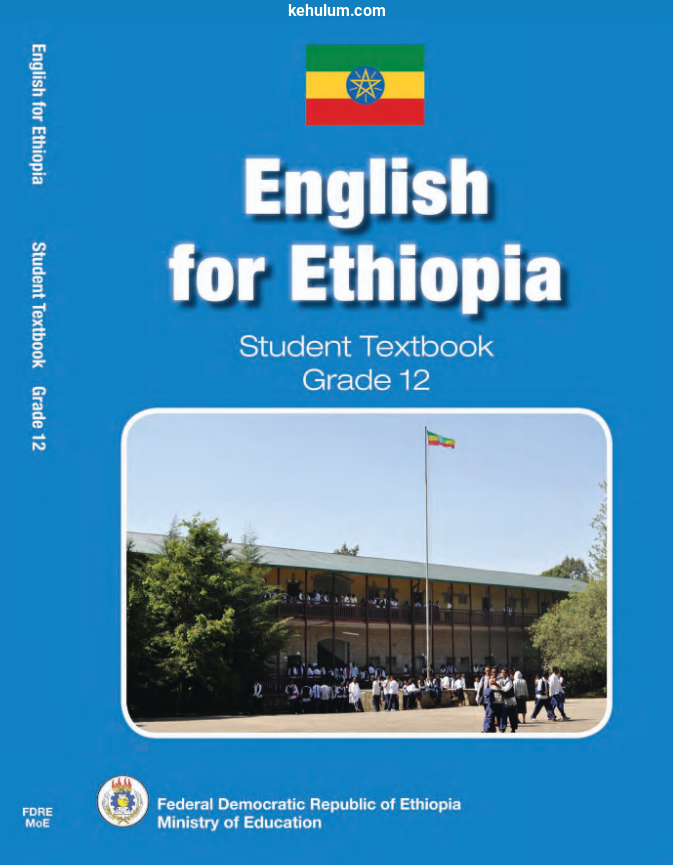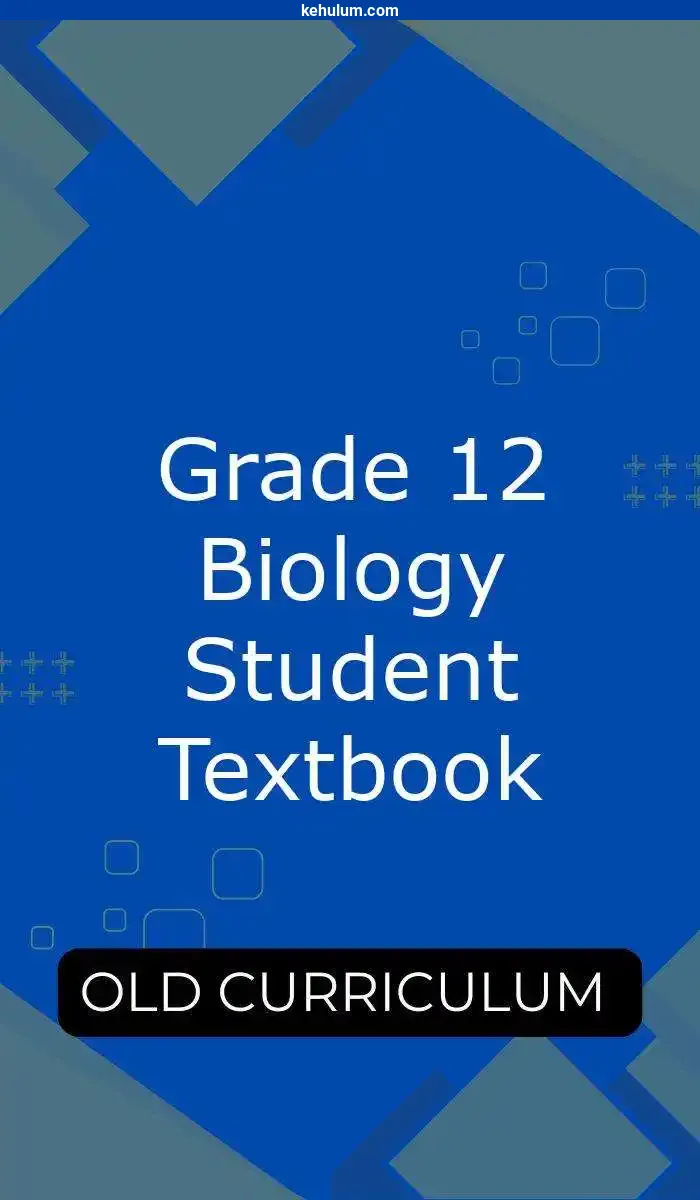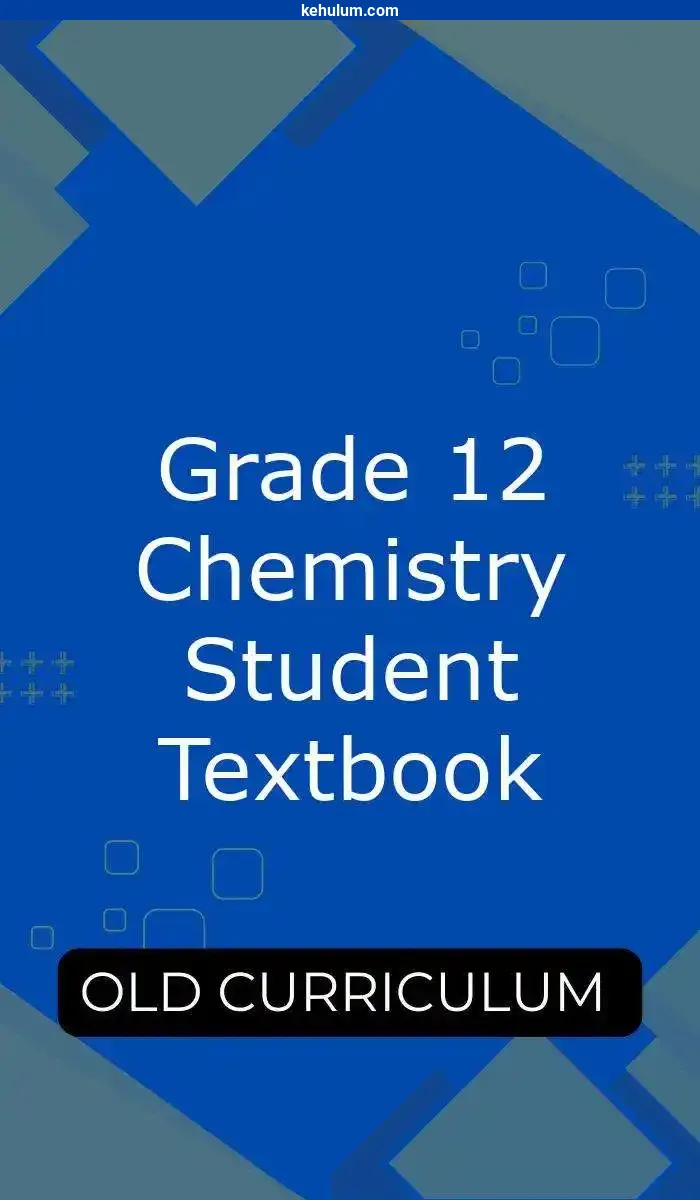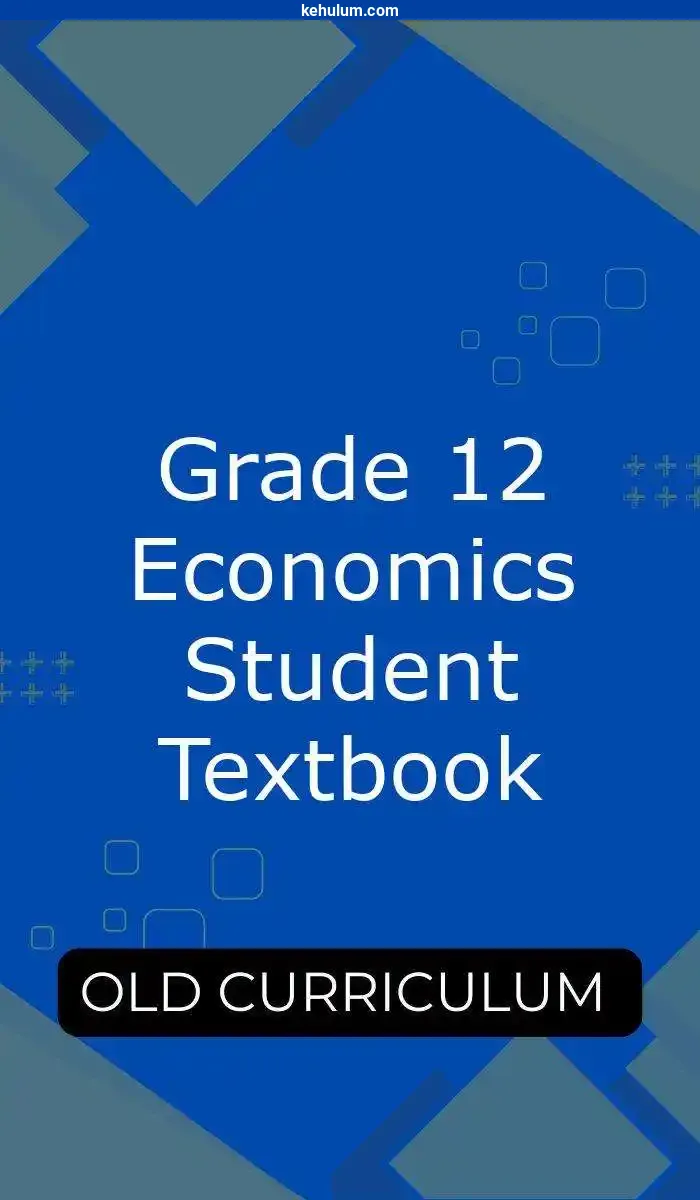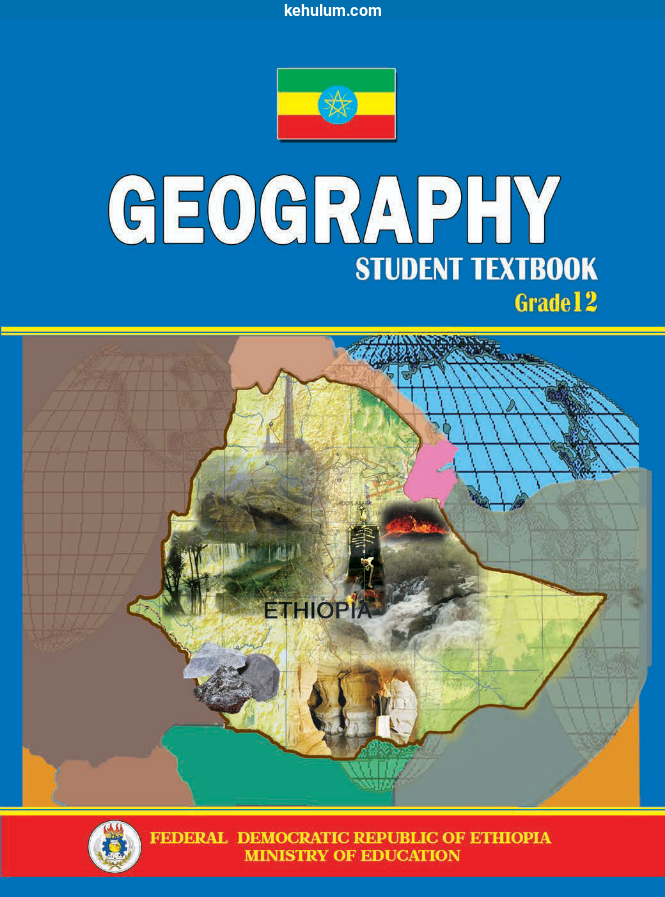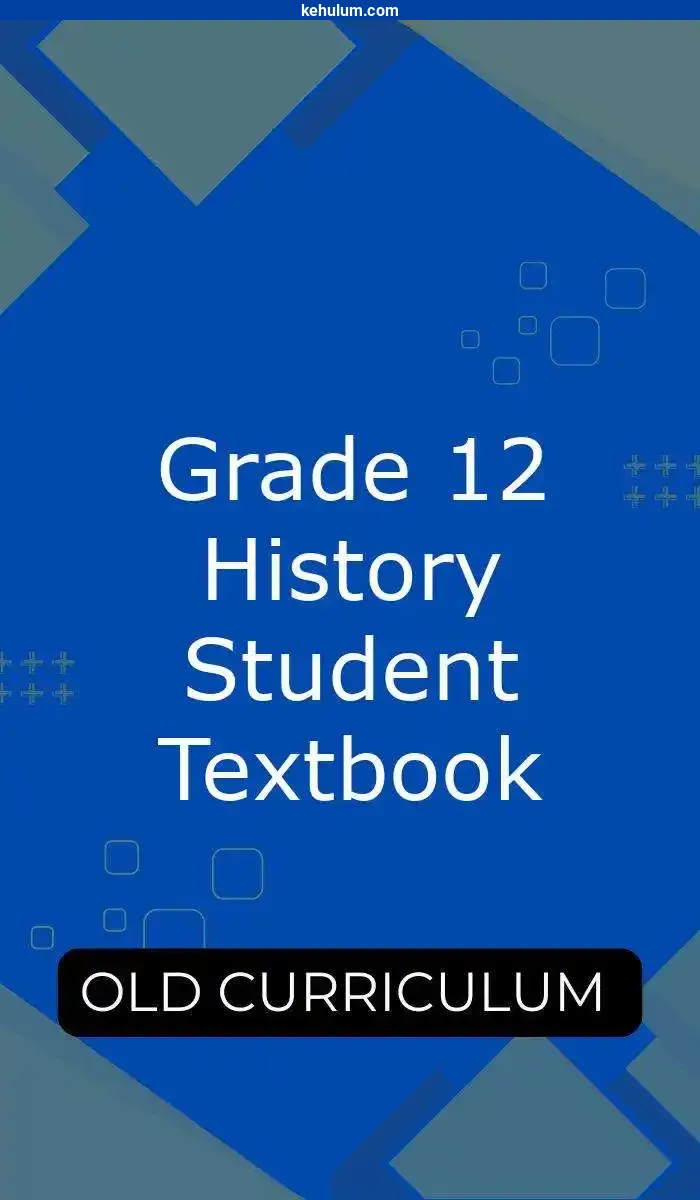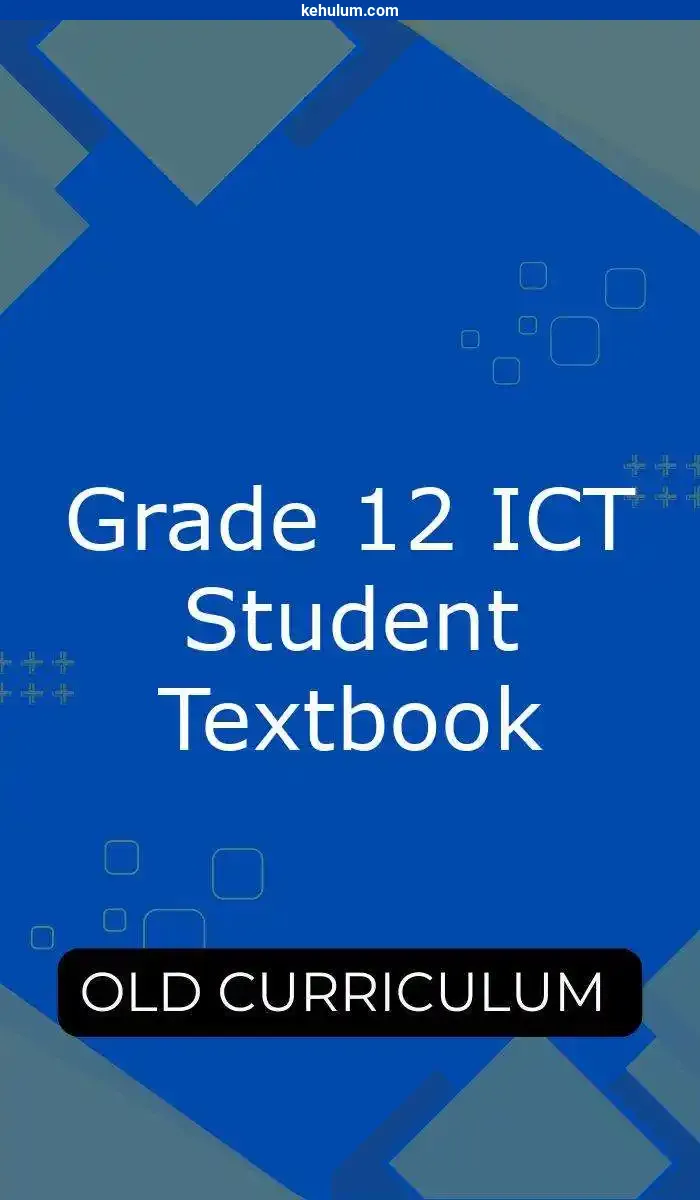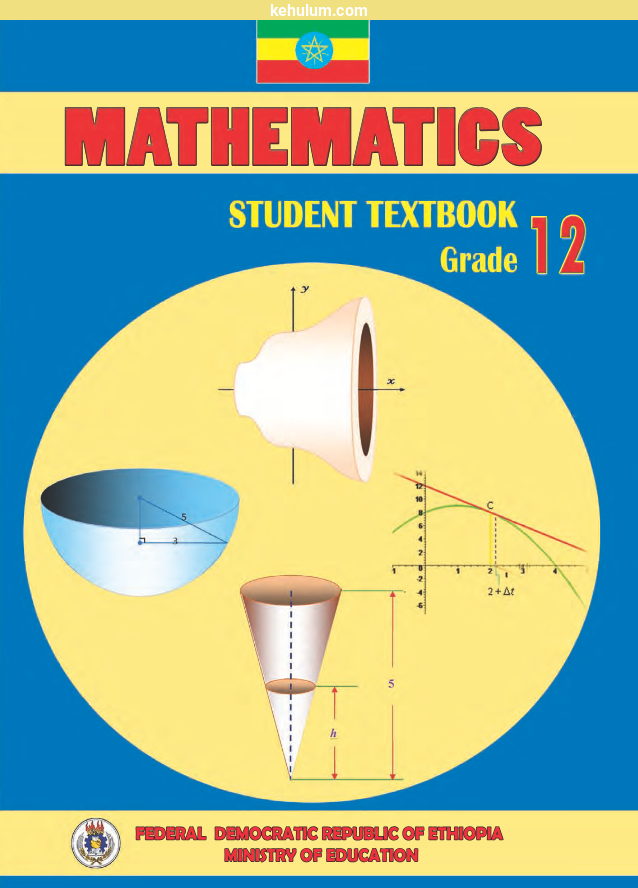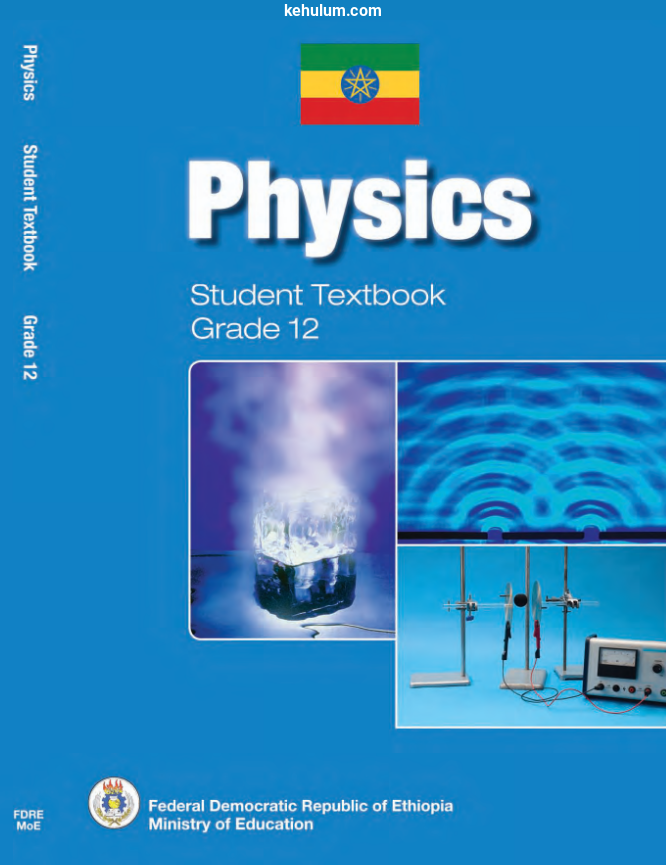Ethiopian Grade 12 Old Curriculum English Student Textbook has 12 units; they are:
- Unit 1: Family Life
- Unit 2: Communication
- Unit 3: Education
- Revision 1: Units 1–3
- Unit 4: The Arts and Literature
- Unit 5: The United Nations
- Unit 6: Trade and Globalisation
- Revision 2: Units 4–6
- Unit 7: Finding a Job
- Unit 8: Human Development
- Unit 9: Tradition versus Progress
- Revision 3: Units 7–9
- Unit 10: Future Threats
- Unit 11: The Film Industry
- Unit 12: Class Magazine
- Revision 4: Units 10–12
Unit 1 – Family Life
This unit introduces students to traditional family life and the evolving role of women in society. Activities include listening exercises, sentence constructions using “as” and “like,” and role-plays to discuss family situations. Students also analyze their own learning approaches and practice discussion language.
Unit 2 – Communication
Students explore various kinds of communication, including human and animal interactions. They practice making guesses, expressing regret, role-playing miscommunication scenarios, extending vocabulary with prefixes, and writing definitions. A mind map and essay on ICT in education consolidate comprehension and expression skills.
Unit 3 – Education
Focusing on study skills and academic experiences, this unit covers listening to speeches about university dropouts, discussing causes, conducting self-assessments, creating posters, and writing reports. Students critically reflect on personal strengths and weaknesses as learners.
Unit 4 – The Arts and Literature
Students read and analyze poems and novel extracts, practice changing subjects in conversation, conduct surveys on participation in the arts, and extend adjective usage. A class-wide extensive reading project reinforces comprehension and literary appreciation.
Unit 5 – The United Nations
This unit examines knowledge about the UN, including lectures, information exchange activities, and reading the UN Convention on the Rights of the Child. Students practice leadership vocabulary, write paragraphs on good leaders, and explore acronyms and initials.
Unit 6 – Trade and Globalisation
Students learn about global trade, manufacturing, and economic interdependence. Exercises involve expressing percentages, describing production processes, listening comprehension, and writing informative leaflets on Fair Trade.
Unit 7 – Finding a Job
Career-focused activities include discussing future professions, learning action verbs for the workplace, listening to employee interviews, extending knowledge of adjective suffixes and relative clauses, and creating company or field profiles. Literary reading supplements language skills.
Unit 8 – Human Development
This unit traces life’s timeline, discussing historical and biological development. Students revise past tenses, consolidate expressions of ability, listen to lectures on Dinkinesh and Selam, practice modal verbs for past probability, and debate history versus herstory.
Unit 9 – Tradition versus Progress
Students examine Ethiopia’s traditional values versus modern development approaches. Activities include lectures, short conversation analysis, stress and intonation practice, vocabulary expansion, report writing, and grammatical exploration.
Unit 10 – Future Threats
Focusing on contemporary global challenges, students listen to news summaries, practice quantifiers and narrative tenses, retell news items, learn phrasal verbs, write statistical reports and formal letters, and review exam strategies for effective learning.
Unit 11 – The Film Industry
This unit introduces students to the Ethiopian and global film industry. Activities include expanding vocabulary related to cinema, listening to talks and interviews with filmmakers and film stars, and writing summaries. Students also learn to express past intentions, report speech accurately, and write dialogues. The unit integrates strategies to improve exam performance while enhancing listening, reading, writing, and speaking skills.
Unit 12 – Class Magazine
Focusing on magazine production, students discuss magazine covers, read extracts and full articles, and listen to job descriptions in the magazine industry. Activities include revising wh- questions, understanding the magazine production process, and applying exam strategies. This unit strengthens comprehension, vocabulary, and written expression while connecting language learning to real-world media contexts.

